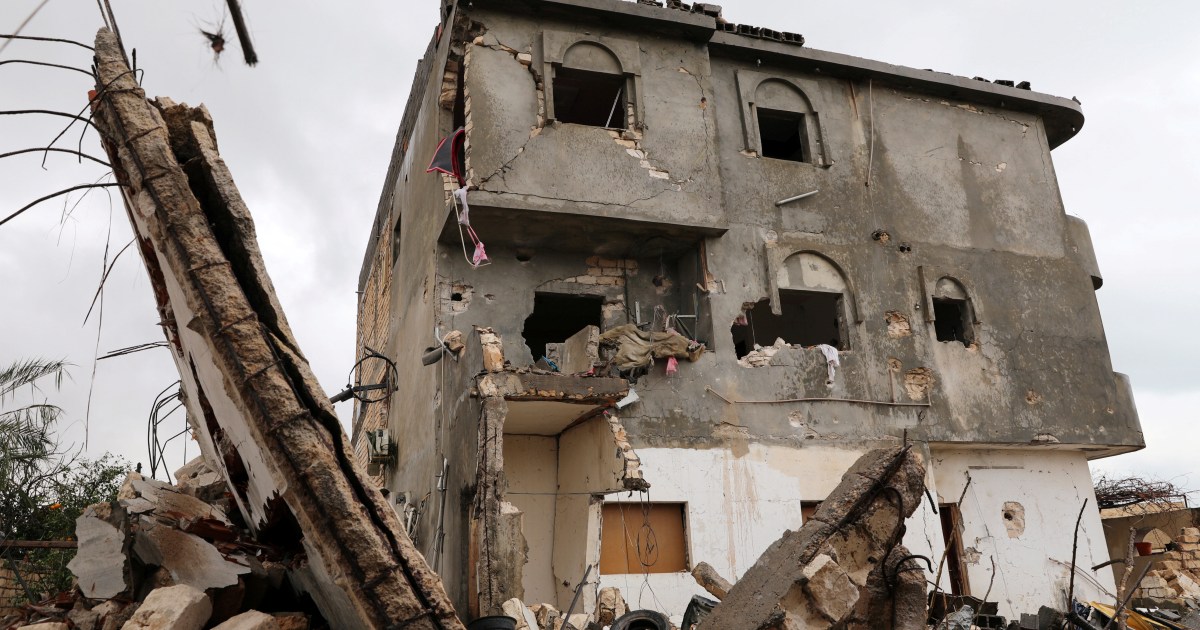In the style of the Islamic State, the forces of retired Major General Khalifa Hifter boasted homes in the areas from which they were forced to withdraw, as they were defeated by the Libyan army forces in the battles of Operation "Storm of Peace."
Security experts told Anatolia that the militia of Haftar planted thousands of explosives inside houses south of the capital, Tripoli, before they withdrew from them, causing the death of many civilians, stressing that this militia "follows the terrorist organization's style."
The Libyan army continues to make important gains in the framework of the "Storm of Peace" process launched by the government in the west of the country. On the impact of this operation, the Haftar militia continues to withdraw to the south, incurring heavy losses.
However, the Haftar militia, which has not hesitated to target many civilian targets from hospitals and markets, continues its attacks, even during its retreating retreat in front of the Libyan army strikes.
In this context, this militia boasted homes before they left the area by planting mines and hand-made explosives, which poses a threat to the lives of civilians returning to their homes.
According to Libyan National Accord government officials, 280 hand-made bombs and more than 600 explosive devices were discovered, the majority of which were planted in civilian homes by Haftar's forces.
Despite the banning of civilians from entering these areas, a large number of civilians were killed by these explosives after they entered their homes for the purpose of inspecting them, according to officials.
Libyan officials expect that the Haftar militia has planted thousands of mines and explosive devices in areas south of Tripoli.
The Anatolia Agency learned of the killing of 21 soldiers and the wounding of 18 others in the ranks of the Libyan army during the dismantling of mines and explosives in these areas during the last period.
The United Nations, in turn, disclosed the explosives of the Libyan civilians' homes with explosives. On May 25 this year, the United Nations Support Mission for Libya condemned Haftar forces for killing and wounding civilians in the Ain Zara and Salah al-Din regions in Tripoli due to explosives planted by that militia.
On the 27th of the same month, United Nations Secretary-General Antonio Guterres condemned the bombing of Haftar's residential areas in Tripoli.
The United Nations Children's Fund (UNICEF), the United Nations Mine Action Service and the Libyan Center for Mine Action and War Remnants have also expressed concern about news of the killing and wounding of civilians by explosives in the Ain Zara and Salah al-Din areas south of Tripoli.

